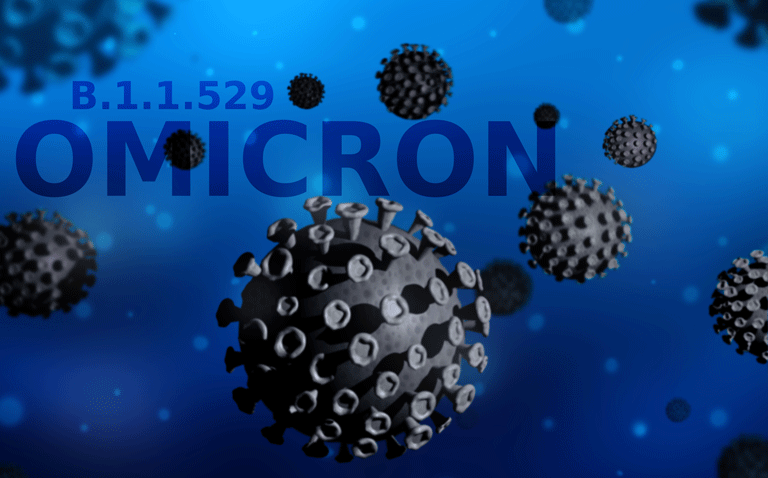Three doses of the Pfizer-BioNTech COVID-19 vaccine, BNT162b2 have been shown in a preliminary study to neutralise the Omicron variant
In a press release, Pfizer and BioNTech have announced that serum antibodies induced after three doses of their COVID-19 vaccine (BNT162b2) are able to neutralise the Omicron variant.
The company’s laboratory study involved testing human sera obtained from the blood of individuals who had received two or three 30-µg doses of the BNT162B2 using a pseudovirus neutralisation test, which used to study the effect of antibodies to neutralise the capability of viruses to enter cells and thus prevent infection. The sera were collected from subjects 3 weeks after receiving the second dose or one month after receiving the third dose of their vaccine
In the study, each sample of serum was simultaneously tested for its neutralising antibody titre against the original (or wild-type) COVID-19 spike protein as well as the Omicron spike variant. The researchers found that after a third vaccine dose, there was a significant, 25-fold increased level of neutralising antibody titres against the Omicron strain spike protein. In fact, antibody titre levels against the Omicron variant were comparable to the neutralisation against the wild-type strain observed in sera from individuals who received two doses of the companies’ COVID-19 vaccine. However, data on the persistence of these neutralising antibodies over time is uncertain and will be determined over time.
At the present time, there is still much to learn about the Omicron variant although a preliminary study from South Africa in 12 people has provided some answers. The study included 12 individuals with a mean age of 57 years (66% male), 6 of whom had been vaccinated with the remaining 6 having been both vaccinated and previously infected. The purpose of the study was to examine whether the Omicron variant still required the ACE2 receptor to gain entry to cells and if plasma from those vaccinated with BNT162b2 were able to neutralise the variant. The results showed that the ACE2 receptor was still required to gain entry to cells but also that there was a 41-fold reduction in antibody neutralisation against Omicron compared with the original wild-type. However, on the plus side, escape was much less in those who had been previously infected the COVID-19.
There is still much to learn about the Omicron variant, in particular its transmissibility and whether it results in more severe infections and hospitalisations.
However, one point reassuring point mentioned in Pfizer-BioNTech press release was how 80% of the regions of the spike protein that are recognised by cytotoxic (killer) T (CD8 +) cells are unchanged in the variant. It is possible therefore, that three doses, i.e., full vaccination and a booster, will hopefully provide an enhanced immune response and which may be sufficient to prevent the variant from causing more severe disease.










